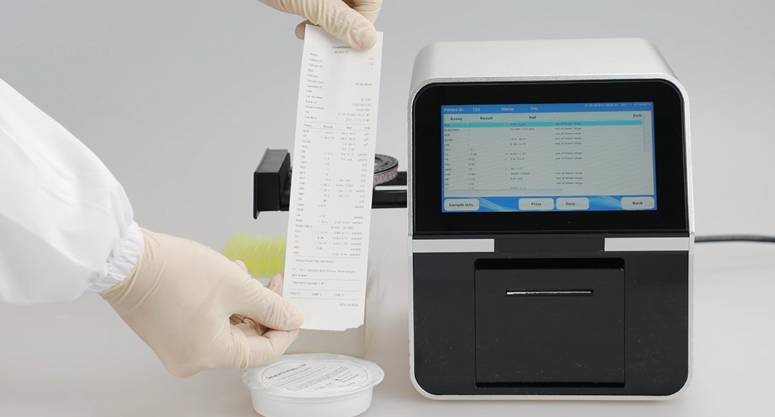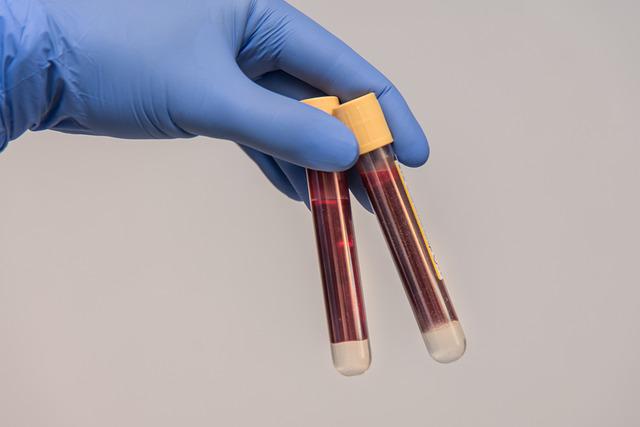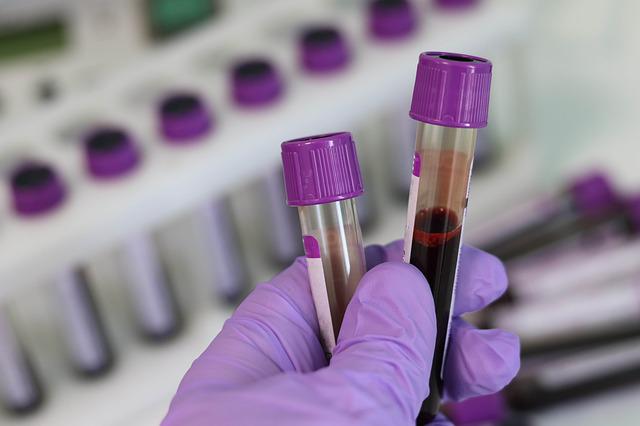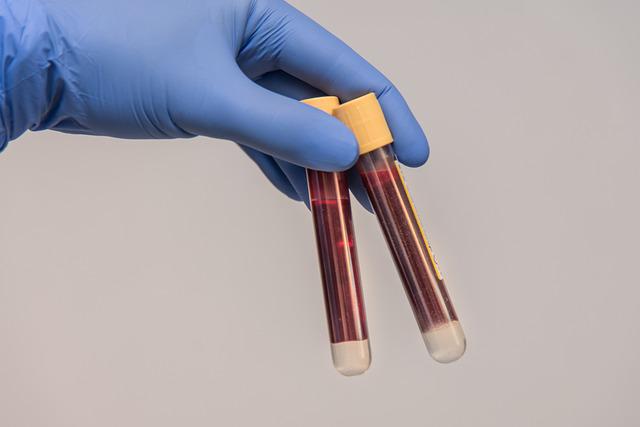
2021-12-03
In our previous blog, we mentioned 5 reasons why biochemistry test results can be inaccurate. But how to avoid these possible factors?Here are some suggested measures.

2021-12-02
Biochemical testing is the eye of the doctor. It can help doctors determine the condition. However, many reasons can cause inaccurate biochemical test results. For example, inadequate preparation of patients, physiological factors and the application of drugs and other factors have a significant impact on the accuracy of biochemical test results. A few common reasons are listed below.

2021-11-22
1. Hemolysis: Hemolysis is one of the most common interfering factors in clinical biochemical tests. Hemolysis is the rupture of red blood cells in the blood. The contents of the red blood cells enter the serum. As a result, the concentration or activity of the biochemical test substance is affected.

2021-11-22
In the previous article, we learned what lipidemia is and how it affects biochemical test results. So what should we do? How can we reduce the interference of lipid samples on biochemical analysis results? Four methods are described below.

2021-11-22
Common sample abnormalities in clinical laboratory medicine include hemolysis, lipemia and jaundice, and of course veterinary clinics are no exception. The overindulgence of pets has led to an imbalance in food intake, resulting in an increase in the number of pets with hyperlipidemia. Also, many of the pets that require biochemical testing are emergency cases. They do not undergo a 12-hour food evacuation period. Others undergo biochemical testing after intravenous injection of fat milk. These are some of the conditions that lead to an increased likelihood of lipemia in pet samples. Here we will learn more about lipemia samples.

2021-11-17
In addition to physical exams, Blood test, Thyroid panel, Heartworm antigen test, FeLV/FIV test, Fecal exam, X-ray, etc., veterinarians perform skin, eye, ear and Fine needle aspiration exams when diagnosing pets. These can also help the veterinarian to determine the condition of the pet.